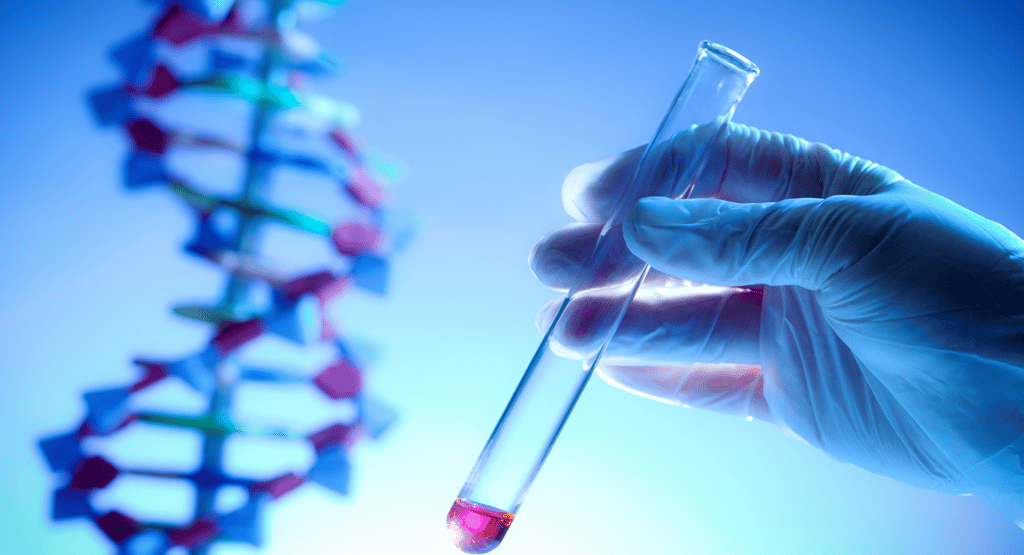Metagenome
Blog post description.


Unlocking the Secrets of the Microbial World Through Metagenome Data
The microbial world is vast, complex, and largely uncharted. From the depths of the oceans to the human gut, microbes shape ecosystems, influence health, and drive essential biochemical processes. However, traditional microbiology has long been limited by the inability to culture many microorganisms in the lab. Enter metagenomics—a revolutionary approach that allows scientists to study microbial communities directly from environmental samples without the need for cultivation.
The Power of Metagenomics
Metagenomics involves extracting and sequencing DNA from entire microbial communities in a given environment. This method provides insights into microbial diversity, functional genes, and metabolic pathways. By analyzing metagenome data, researchers can:
Identify previously unknown microbial species.
Understand microbial interactions and their roles in ecosystems.
Discover novel enzymes and bioactive compounds.
Monitor microbial responses to environmental changes.
Applications in Science and Industry
1. Human Health and Disease
Metagenomic studies have uncovered links between the microbiome and various diseases, including inflammatory disorders, obesity, and neurodegenerative conditions. This research paves the way for microbiome-based therapies and precision medicine.
2. Environmental Monitoring and Conservation
Microbial communities serve as indicators of ecosystem health. By analyzing metagenome data from soil, water, and air samples, scientists can assess pollution levels, track climate change impacts, and guide conservation efforts.
3. Agriculture and Food Security
Metagenomics helps optimize soil health, enhance crop yields, and combat plant diseases by understanding the microbial communities that contribute to nutrient cycling and plant growth.
4. Biotechnology and Industrial Applications
From biofuel production to pharmaceutical discoveries, metagenomics is driving innovation. The identification of novel enzymes with industrial applications is opening new frontiers in sustainable biotechnology.
Challenges and Future Directions
While metagenomics has transformed microbial research, challenges remain. High sequencing costs, data complexity, and the need for advanced computational tools require further refinement. However, as sequencing technologies improve and bioinformatics tools evolve, metagenomics will continue to unlock new secrets of the microbial world.
By harnessing the power of metagenome data, scientists are not only deepening our understanding of microbial life but also paving the way for breakthroughs in medicine, environmental sustainability, and biotechnology. The microbial world is no longer invisible—it is now an open book waiting to be read.
